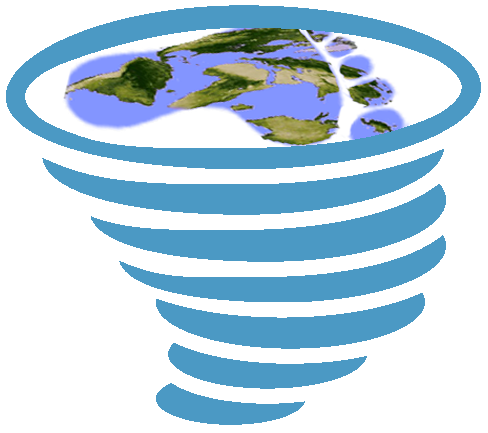
In the Northern Hemisphere in 2017 and 2018 brought several destructive hurricanes to the shores of North America, the Caribbean, and throughout the Pacific rim. Such extreme weather events are predicted to get more common and more severe with increasing climate change.
Several participating classes in the ISCFC were or are in the path of these storms and we hope for the best for them, their families and communities.
We would love to hear from students affected directly and indirectly by extreme weather events, and also any students who have been following the news this summer.
What are your thoughts about the connection between climate change and extreme weather events? Has this hurricane season increased your concern about climate change or not? Do you think that US citizens and residents (and others in the region) will take climate change more seriously now?
Extreme Weather >
social/political challenges addressing climate change events

There are a number of social and political challenges to addressing climate change events.
These include a lack of public awareness and understanding of climate change as many people are still not aware of the severity of the climate crisis, or they do not understand the science behind it. This can make it difficult to build public support for climate action.
Climate change is also a highly politicized issue in many countries, with different political parties and groups holding widely different views on the causes and solutions to the problem. This political polarization can make it difficult to pass and implement effective climate policies. Another thing is some powerful economic interests, such as the fossil fuel industry, oppose climate action because it would threaten their profits. These interests can lobby governments and spread misinformation about climate change in order to block or delay progress.
Climate change is a global problem, but its impacts are pretty much not felt evenly. Developing countries are often more vulnerable to the effects of climate change, and they have fewer resources to adapt and mitigate the impacts. This global inequality can make it difficult to reach international agreements on climate action. Climate action should be fair and equitable, but there is a risk that it could disproportionately harm vulnerable populations and communities. For example, some climate policies, such as carbon pricing, could increase the cost of living for low-income households. It is important to design climate policies in a way that minimizes negative impacts on vulnerable populations and communities.
Learn more about Climate Change and Social Challenges: https://www.ipcc.ch/report/ar6/wg2/
People who are more aware of the risks of climate change and who perceive themselves to be more vulnerable to its impacts and who trust their government (depends) are also more likely to support climate action. It is important to address the social and political challenges to addressing climate change events in order to build public support for climate action and to ensure that climate policies are fair and equitable. In your country, does your government care about climate change?





